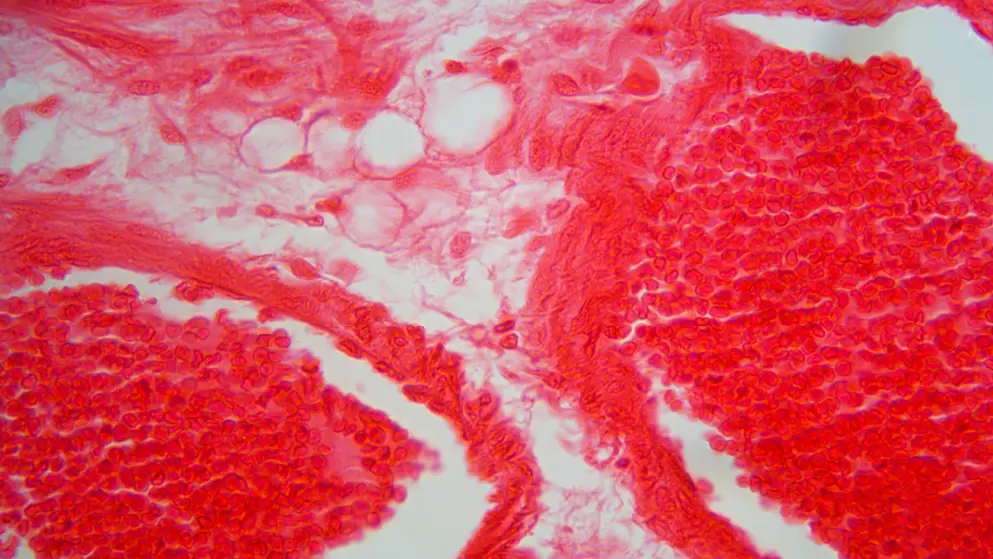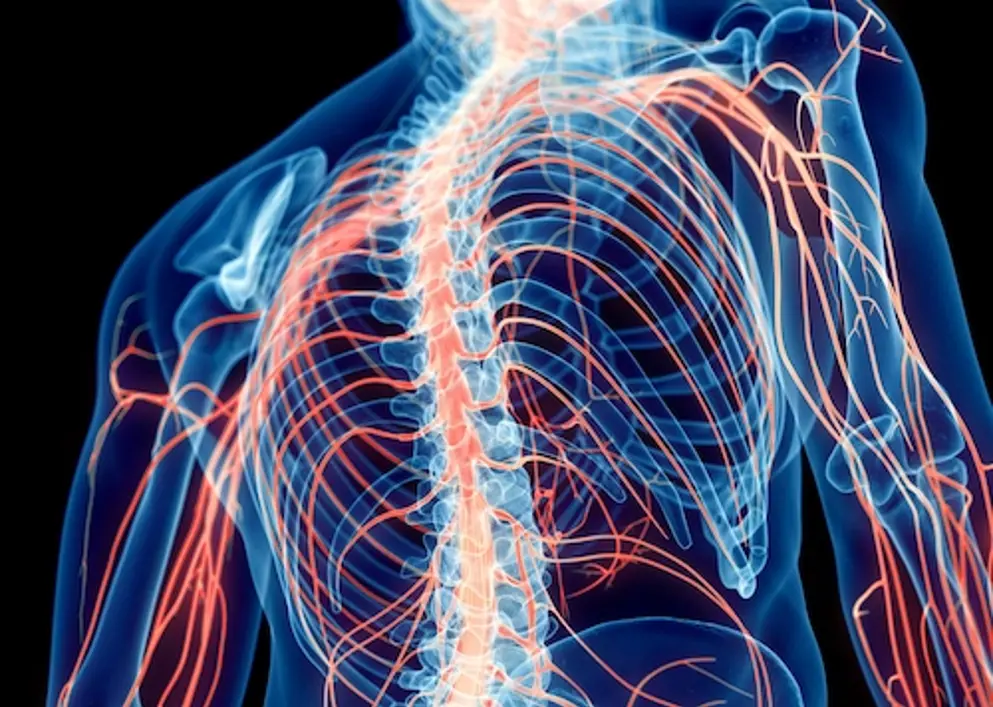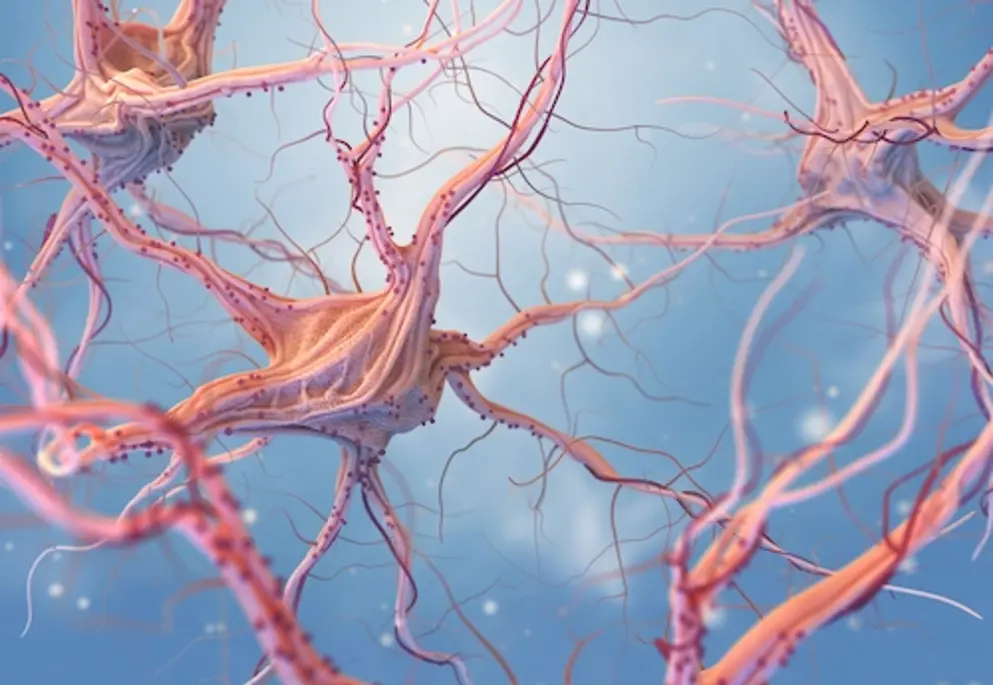
Lysosomal storage disorders
Lysosomal storage diseases (LSDs) are inherited metabolic conditions in which toxic substrates accumulate within lysosomes, leading to progressive cellular and organ damage. More than 70 LSDs have been identified – many of which present during pregnancy or early infancy – including:
- Pompe disease – an acid α-glucosidase (GAA) deficiency leading to glycogen accumulation in muscles
- Fabry disease – an X-linked α-galactosidase A (GLA) deficiency resulting in systemic glycosphingolipid storage
How frequently do Pompe and Fabry diseases occur?
Pompe disease affects approximately 1 in 18,000–23,000 newborns worldwide. Fabry disease is estimated to occur in 15,000 live births, although reported prevalence varies, ranging from 1 in 40,000 to 1 in 170,000 individuals.
Which signs and symptoms are most common in Pompe and Fabry disease?
Symptoms and age of onset vary:
- Infantile-onset Pompe disease: Rapid progression, failure to thrive, severe cardiomyopathy, hypotonia, and respiratory difficulties
- Late-onset Pompe disease: Progressive proximal muscle weakness, pain, reduced exercise tolerance, and declining respiratory function
- Fabry disease: Neuropathic pain, skin lesions, corneal changes, and progressive renal and cardiac complications, typically emerging in adulthood
How are Pompe and Fabry diseases diagnosed?
Diagnosis combines enzyme activity testing, genetic analysis, and assessment of organ involvement.
- In Pompe disease, reduced GAA enzyme activity and elevated creatine kinase support diagnosis, with GAA gene sequencing used for confirmation. Additional investigations may include pulmonary, neuromuscular, and cardiac assessments
- In Fabry disease, α-GAL enzyme activity is reliable in males only, while GLA gene sequencing confirms diagnosis in all patients. Newborn screening is available in some regions
What treatments are available for Pompe and Fabry diseases?
Disease-specific therapies for Pompe and Fabry diseases include enzyme replacement therapy – and chaperone therapy for Fabry disease in patients with amenable variants. Supportive care is essential and may involve physiotherapy, cardiac monitoring, respiratory support, and symptom management.
Developed by EPG Health for Medthority, independently of any sponsor.
Accredited symposium: Elevating LOPD care
Watch Benedikt Schoser and colleagues discuss unmet needs in LOPD and how new patient insights are informing clinical practice and improving outcomes.
Related news and insights
Guidelines
of interest
are looking at
saved
next event






